The International Monetary Fund (IMF) announced a breakthrough on Saturday, reaching a preliminary agreement with Niger to advance multiple ongoing aid programs. This pivotal deal opens the door to over $70 million in essential funding for the economically-strapped Sahel nation.
This preliminary accord, pending approval from the IMF's board of directors slated for July, includes the fourth and fifth reviews of the current aid program. These reviews will release $26.1 million to address Niger’s pressing external financing needs. Additionally, the agreement covers the initial review of the Resilience and Sustainability Facility, the IMF’s long-term funding mechanism to combat climate change risks. This will unlock another $45.3 million for Niger.
The IMF has praised Niger for its ongoing reforms aimed at simplifying the tax system, boosting digital revenue administration, and crafting an oil revenue management strategy to shield its budget from volatile international oil prices. These reforms are crucial for maintaining the stability and growth of Niger's economy amidst its recent political and economic turmoil.
Niger has been in political disarray since a military coup in 2023 ousted its elected president, Mohamed Bazoum. This upheaval resulted in the suspension of various aid programs from the United States, European Union, France, and Germany. Nonetheless, the IMF remains committed to supporting Niger's economic recovery and development.
In a positive sign, the World Bank resumed several projects in Niger in mid-May, indicating a cautious return of international support. Despite a slowed economic growth rate of 2.4 percent in 2023 due to sanctions and agricultural challenges, Niger's economy is expected to surge by 10.6 percent this year, fueled by the lifting of sanctions and a strong oil sector.
The IMF's preliminary agreement with Niger is a major stride towards economic stabilization and revival. By securing over $70 million in funding and prioritizing critical economic reforms, Niger is poised to overcome its current challenges and embark on a path of sustainable growth and development. The upcoming approval by the IMF's board of directors will be a crucial milestone for Niger’s financial future as it recovers from political upheavals and economic setbacks.










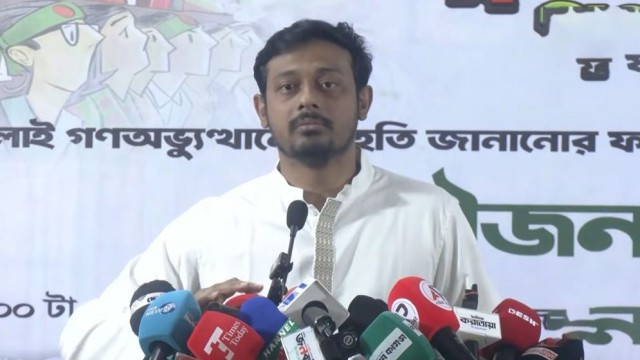

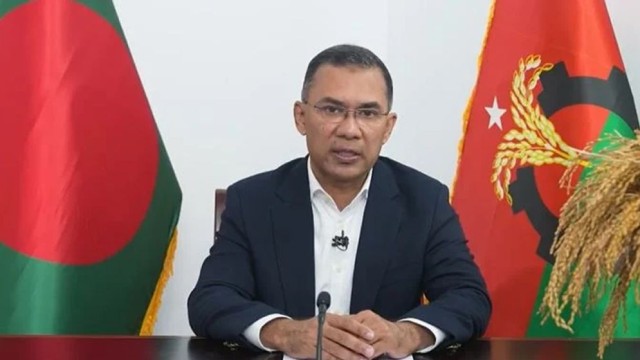
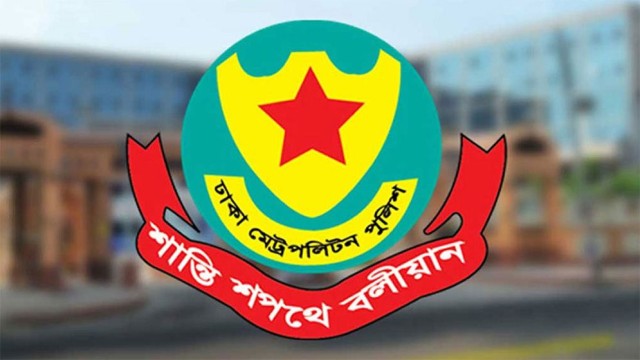
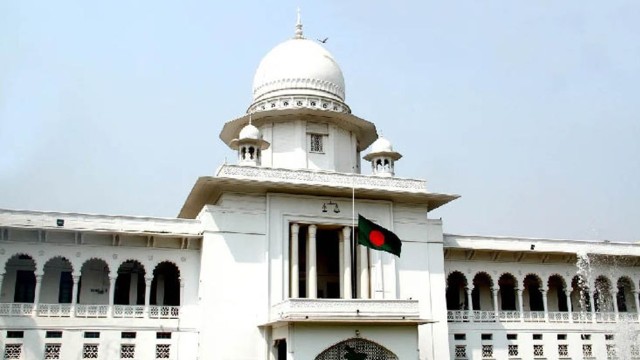
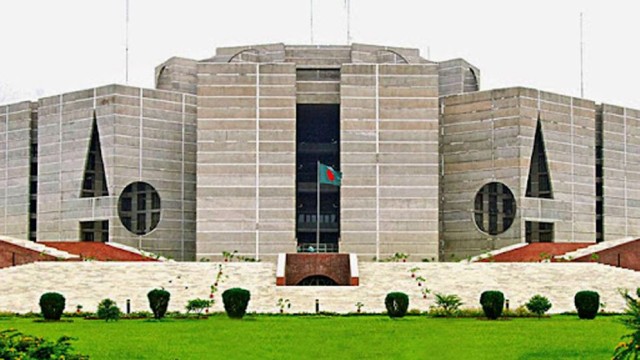
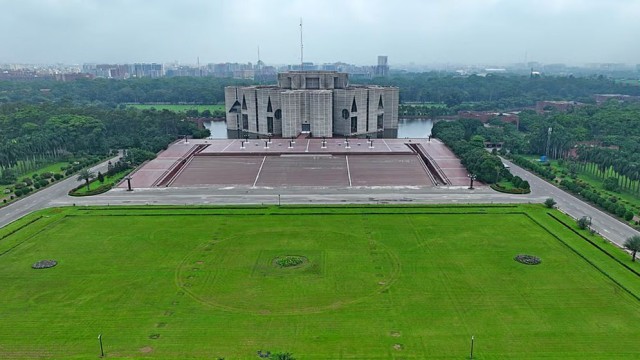
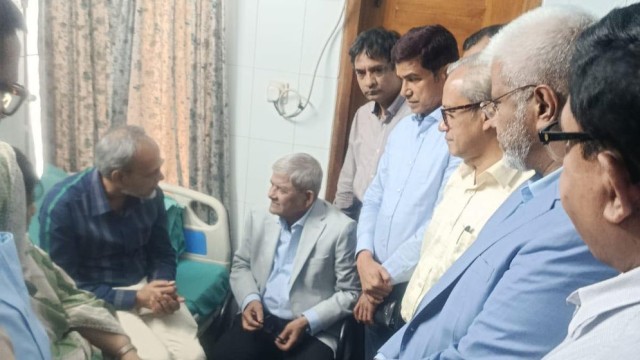

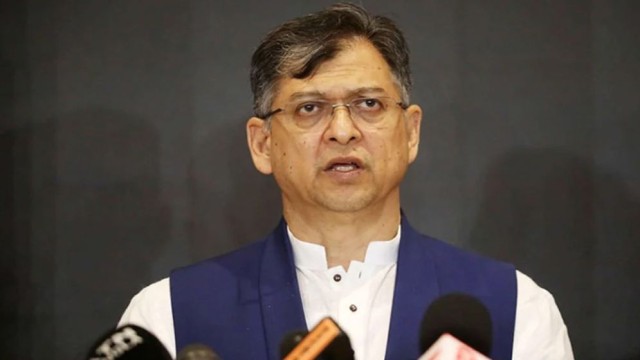











Comment: